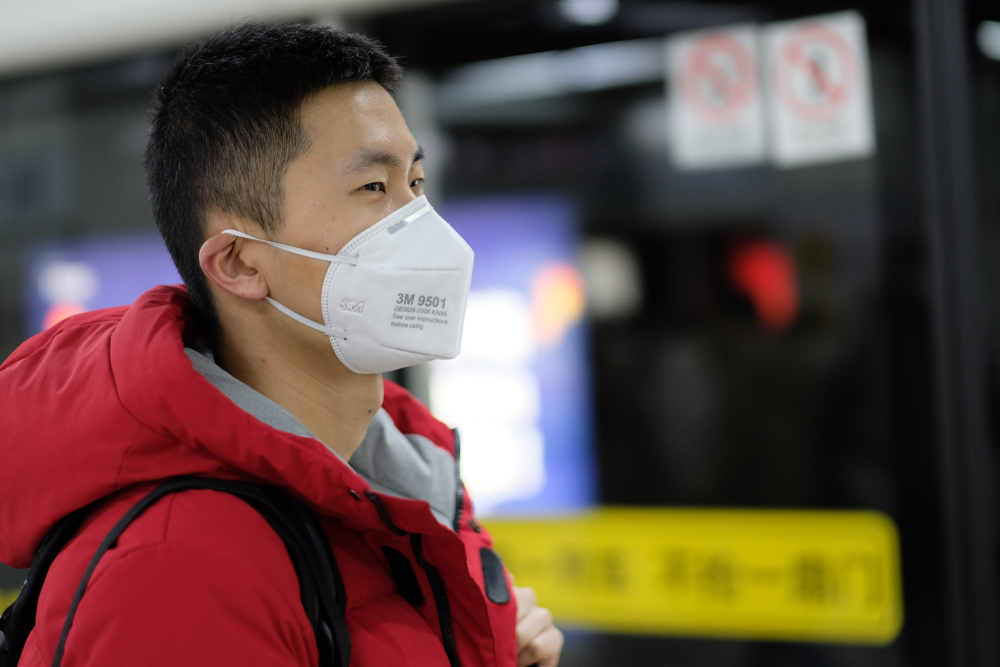By Baba Aye
As governments around the world continue to take measures in fighting the coronavirus pandemic, there are lessons to be learnt from the successes of Taiwan and South Korea in curtailing the spread of the virus.
Most fundamentally, universal access to healthcare makes sense, not only for crisis preparedness, but also in people’s everyday lives.
The cases of South Korea and Taiwan show why it is exceedingly important for governments to draw the correct lessons from public health emergencies, by putting necessary measures in place to avoid or at least mitigate the impact of subsequent outbreaks.
During the 2002-2003 SARS-CoV outbreak, there were 346 cases in Taiwan, with 73 deaths. In the wake of that epidemic, the Taiwanese government established the National Health Command Center (NHCC) as part of a disaster management scheme to focus on large outbreak response and act as the operational command point for direct communications among central, regional, and local authorities in the event of another outbreak.
This proved invaluable during the country’s COVID-19 response. … Taiwan’s well-staffed healthcare system and public emergency services wasted no time in implementing 124 safety protocols … based on the SARS outbreak experience.
South Korea
The situation in South Korea was more challenging, with almost 10,000 confirmed cases and over a hundred deaths in the country between January and February. This made it the second most hit country after China at that time.
But things would have been much worse without the aggressive public health emergency measures taken with alacrity by the Korean government. At the heart of these were leaps in diagnostic work which the country took based on lessons learnt from the deadly impact of the 2012 MERS epidemic.
The government set up 633 testing sites across the country with 100 laboratories which worked around the clock. Over 300,000 people were tested, with up to 20,000 persons screened every day. This efficient testing and diagnostic network enabled authorities to quickly identify and isolate infected persons. This greatly curbed the virus’s spread, breaking transmission chains and bringing down infection rates.
Governments must never forget lessons being learnt from the COVID-19 response. The most fundamental of these, which we will hold every government to, is the implementation of universal public healthcare, once and for all.
Dear Reader,
If you like our content please support our campaigning journalism to protect health care for all.
Our goal is to inform people, hold our politicians to account and help to build change through evidence based ideas.
Everyone should have access to comprehensive healthcare, but our NHS needs support. You can help us to continue to counter bad policy, battle neglect of the NHS and correct dangerous mis-infomation.
Supporters of the NHS are crucial in sustaining our health service and with your help we will be able to engage more people in securing its future.
Please donate to help support our campaigning NHS research and journalism.


